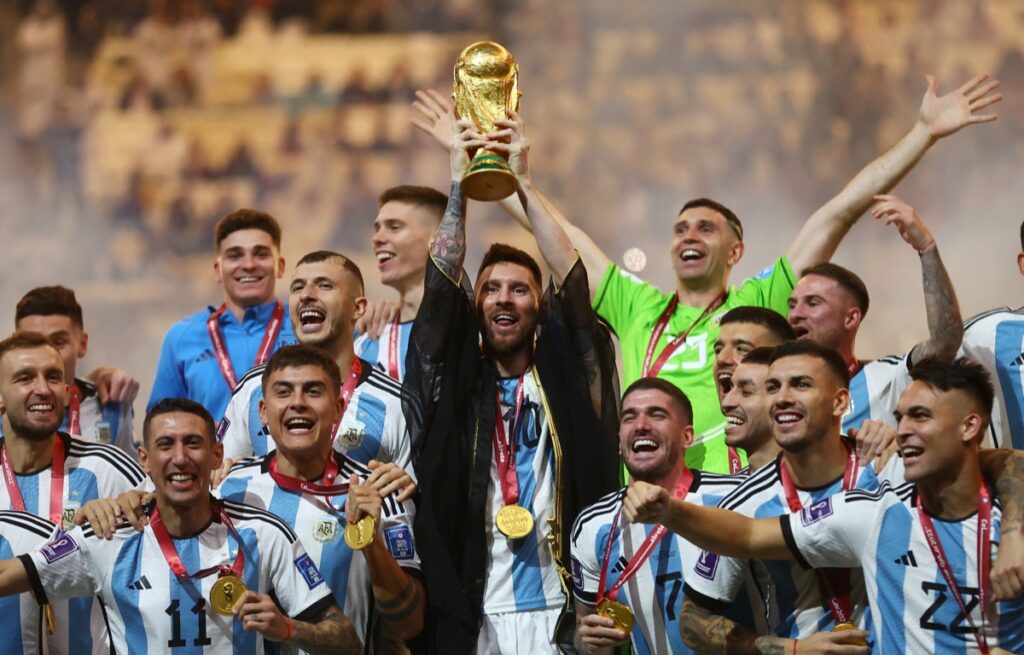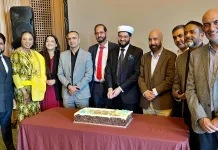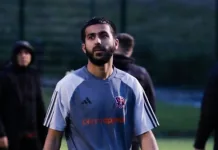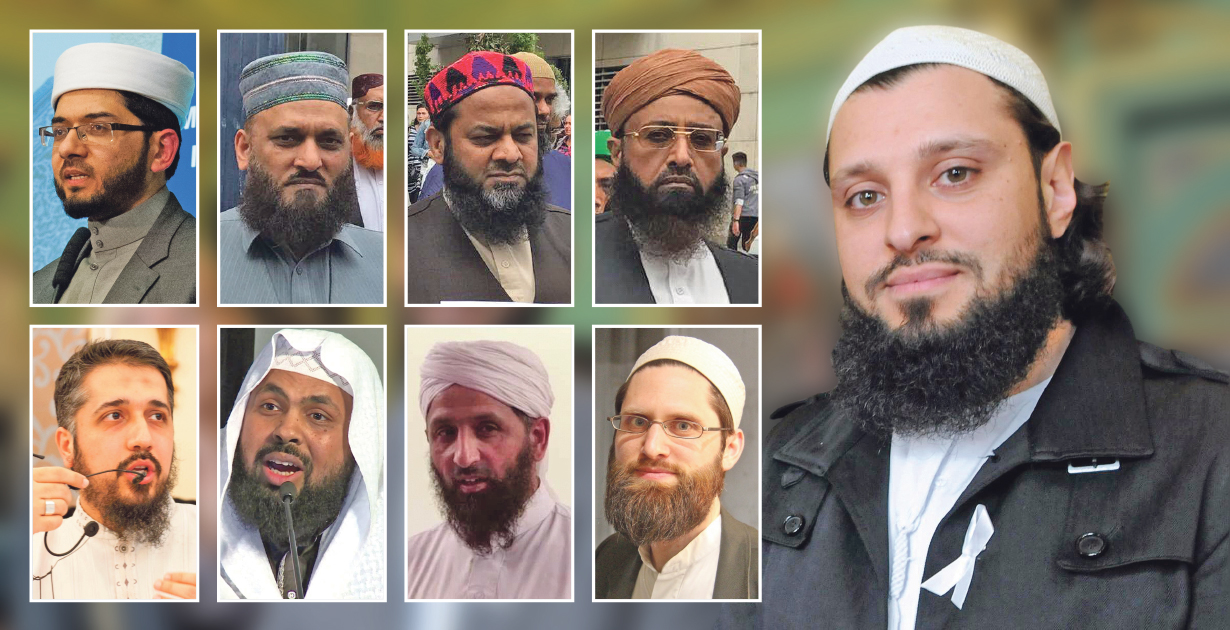Those who have attended the World Cup testified to an amazing display of the host country’s hospitality, generosity and diversity
Byline: Imam Qari Asim MBE

The 2022 Football World Cup in Qatar has been like none other. As it kicked off, we found no end of articles and conversations about the host nation and its ills – human rights, treatment of migrant workers, environmental impact, the dreaded booze ban, and of course, its attitude to LGBT+ fans.
Online stories, often unverified, got blown up and multiplied. Suddenly, the World Cup was being played in the devil’s lair.
Despite FIFA’s much assurance the critics seemed to have already made their minds up.
The fact that Qatar is a Muslim majority country just reinforced what they thought they knew about the religion Islam. Intolerance is the judgement they made, and ironically, this only hardened their own attitude.
It all highlighted the prevalence of lack of understanding of the other’s religious and cultural values. At the beginning, there was no acknowledgment of what a wonderful show the small country Qatar had put on for the world.
Those who have attended the World Cup testified to an amazing display of the host country’s hospitality, generosity and diversity. Qatar didn’t let the electronic and social media’s demonisation or distraction, dampen their spirits.
Thankfully, politics turned into a sideshow, once the goals started flying in. Ahead of England’s last match against Senegal, the prime minister tweeted: “Hats off to Qatar for hosting an incredible World Cup so far.”
Any World Cup – expected to draw a sizeable number’s of the world’s population to watch it, is bound to tap into the societal and political zeitgeist. Some of the issues raised during this World Cup require attention, and appropriate action where necessary, but to write off all the efforts made by this tiny country seems unfair.
Where this World Cup has shined a light on understanding and respecting values between different nations, it has also mirrored a global shift in power and especially financial muscle – from the capitals of Western Europe to new epicentres in the Middle East, India and China.
So, there have been many winners and losers in this World Cup.
Morocco may not have won the World Cup but has won many hearts around the world! One of the stories of the World Cup was the spectacular progress of Morocco to the semi-finals, beating Spain, Belgium, and Portugal – three of the best teams in the world – on their way. What struck me was the huge connection these Moroccan players had with their mothers, who all seem to have played big roles in helping with their careers.
Here were demonstrations of loving family relationships and I think it resonated with millions watching, including a lot of aspiring young people. It resonated perhaps more so for minorities, particularly in the aftermath of the pandemic, when we often couldn’t see family members.
For me, it neatly encapsulated what 2022 has been about: family, faith, and community. For many, it has felt like the year we rekindled family ties, prioritising them over things like social media, rediscovering the bonds we may have taken for granted before the enforced separation of lockdowns.
Faith has also been highlighted and the need to understand different faith based values. A lack of religious literacy can lead to suspicion, distrust, division, even hostility.
A lack of understanding of Islam breeds ignorance, and continues to lead to alarming levels of anti-Muslim prejudice and Islamophobia.
Often common misunderstandings about faiths are fuelled by sections of the media and populist leaders, who have an interest – and a skill – in pushing these misperceptions. The echo chamber of social media only amplifies and spreads these false narratives. For me, the solution lies in education at an early age.
As the cost of living crisis deepens, the community is going to have to come together more than ever. The volunteers throughout Leeds, including those from Leeds Makkah Mosque and All Hallows church working together at Rainbow Junktion Foodbank is a fantastic example of community- building and helping people in our neighbourhoods.
As we enter 2023, I hope we take – and continue – the best of 2022: by coming together, making connections, reaching out to one another, giving messages of hope, and holding up examples of tolerance, diversity, and progress.
Qari Asim MBE is the Imam at Makkah Mosque in Leeds, Chair of MINAB and a trustee of Christian Muslim Forum.















